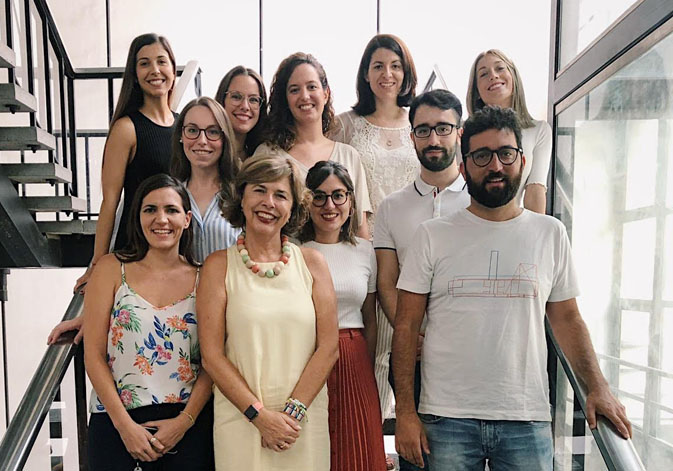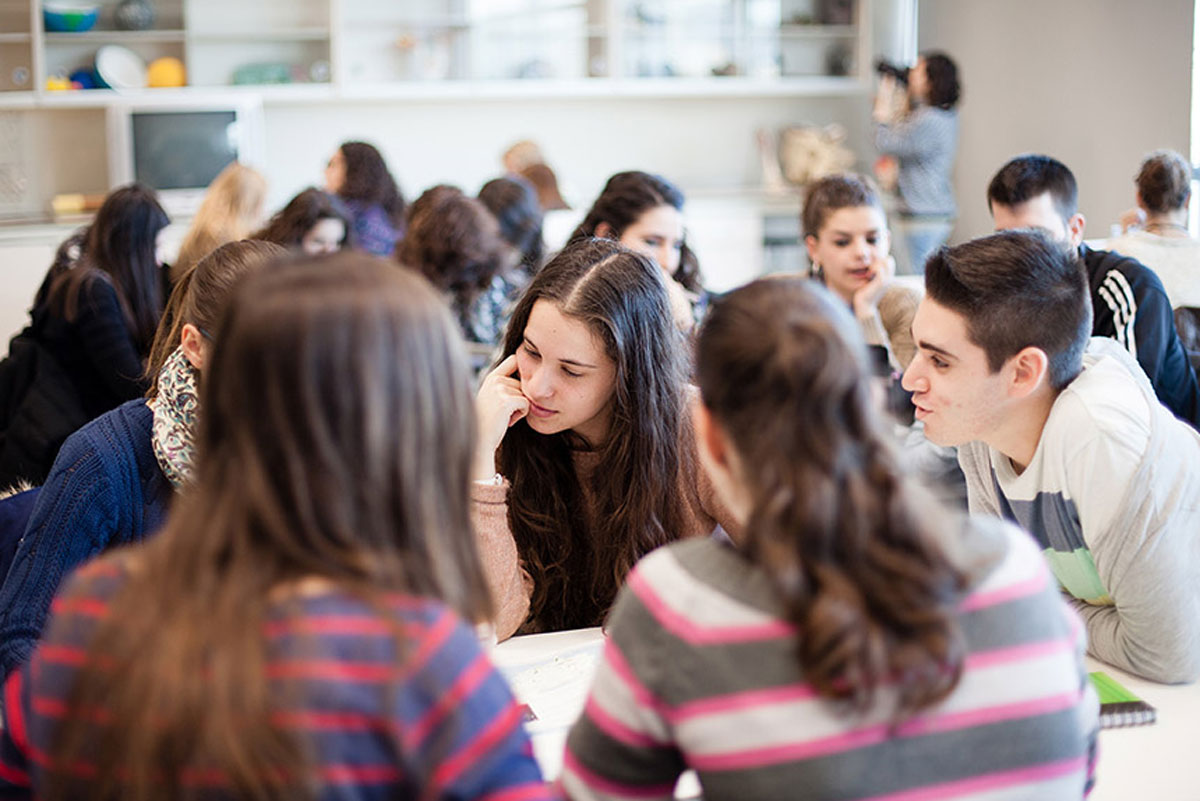The University of Valencia and the UJI will collaborate on a project on the psychological effects of virtual reality through touch
- Scientific Culture and Innovation Unit
- September 30th, 2019

The Labpsitec research group of the University of Valencia and the one of the Jaume I University of Castellón will collaborate in Tactility, a research and innovation project that will study the psychological effects of including the sense of touch in virtual environments for 3 years. The plan, endowed with 421,625 Euros, will also analyse the effectiveness and usefulness of these virtual environments in the treatment of patients with phobias.
“Virtual reality is a tool that will experience a great development in the coming years. So far, the greatest development has been in improving the immersive sensation through sight and hearing. But it is also necessary to consider other senses if we want to have a complete immersive experience. That is the objective of Tactility: to integrate within the virtual systems a sense that can give a lot of information and that can increase the sense of presence that we have within the virtual worlds and the judgment of reality that we make of those environments”, highlights Rosa Baños, director of the Labpsitec group of the University of Valencia and head of the research group at CiberOBN.
The Tactility project will be carried out in collaboration with the Labpsitec group of the Jaume I University of Castellón, which is run by Azucena García-Palacios. This researcher points out that “the inclusion of the sense of touch in virtual worlds is also intended to increase the emotional involvement of users when they interact in virtual reality, which will allow us a better understanding of their psychological experience and possible applications”.
The LabPsiTec group has extensive experience in analysing the influence of aspects and psychological variables of users in virtual environments. In Tactility, tactile feedback systems will be developed with which to improve this experience with sensors and electrostimulators. LabPsiTec will evaluate and measure that practice and analyse the extent to which emotions, the characteristics of the individual and the characteristics of the environment can enrich it.
“In Tactility, we will also analyse how the tactile information that the user receives helps improve the effectiveness of psychological treatments”, explains Rosa Baños, who points out that so far her group had worked on these environments from the visual and auditory point of view, but now they can offer alternatives to other people, especially with phobias, through touch.
















